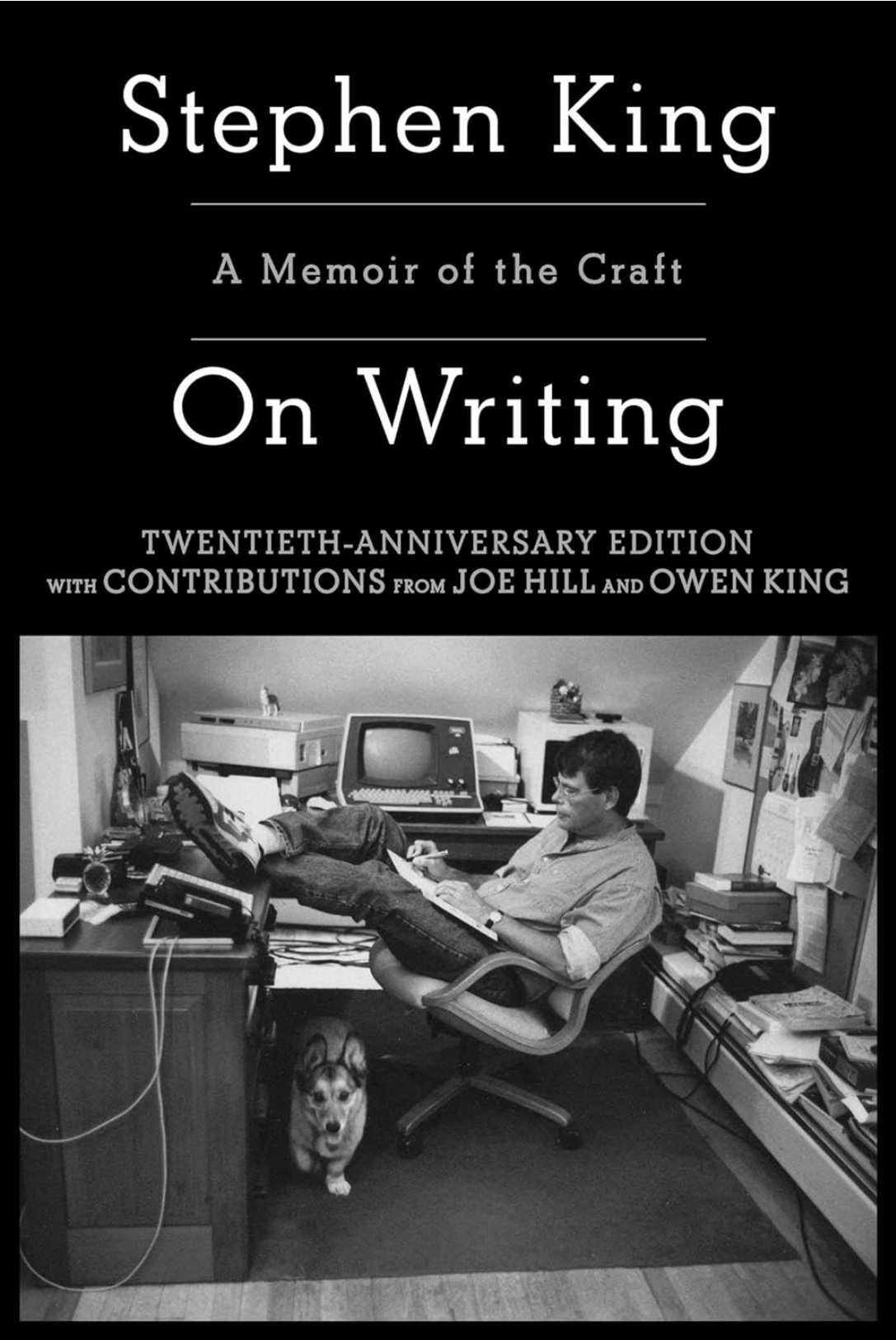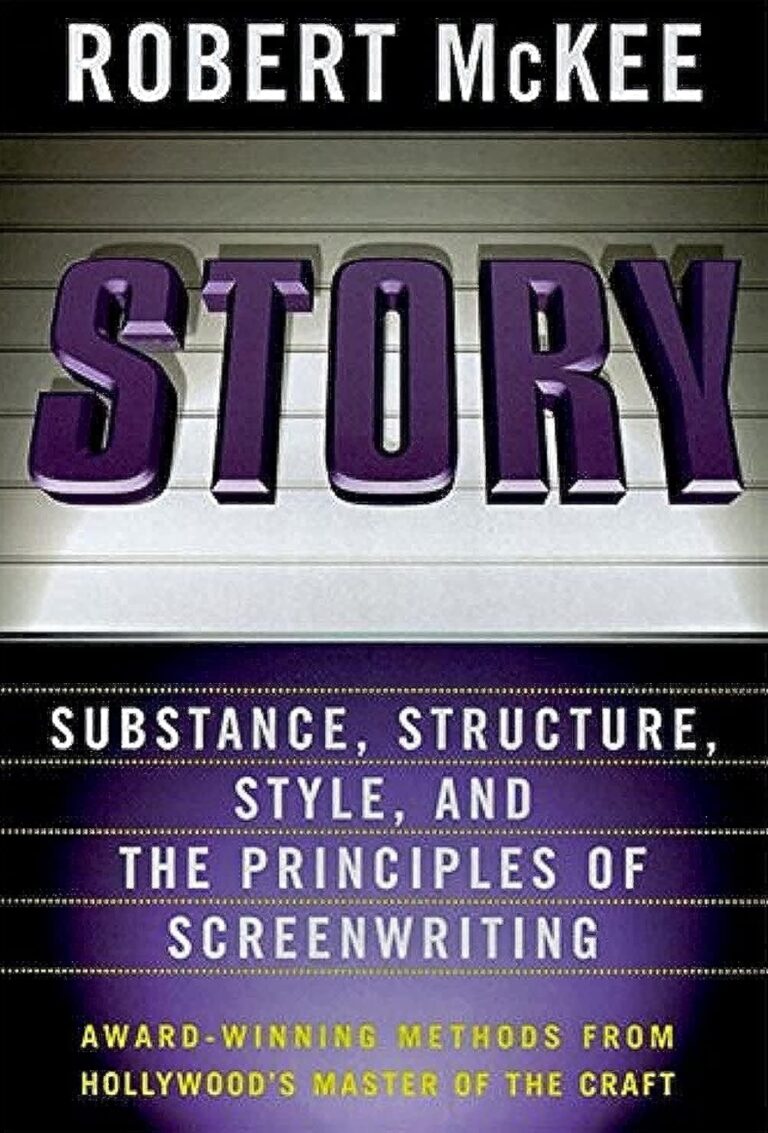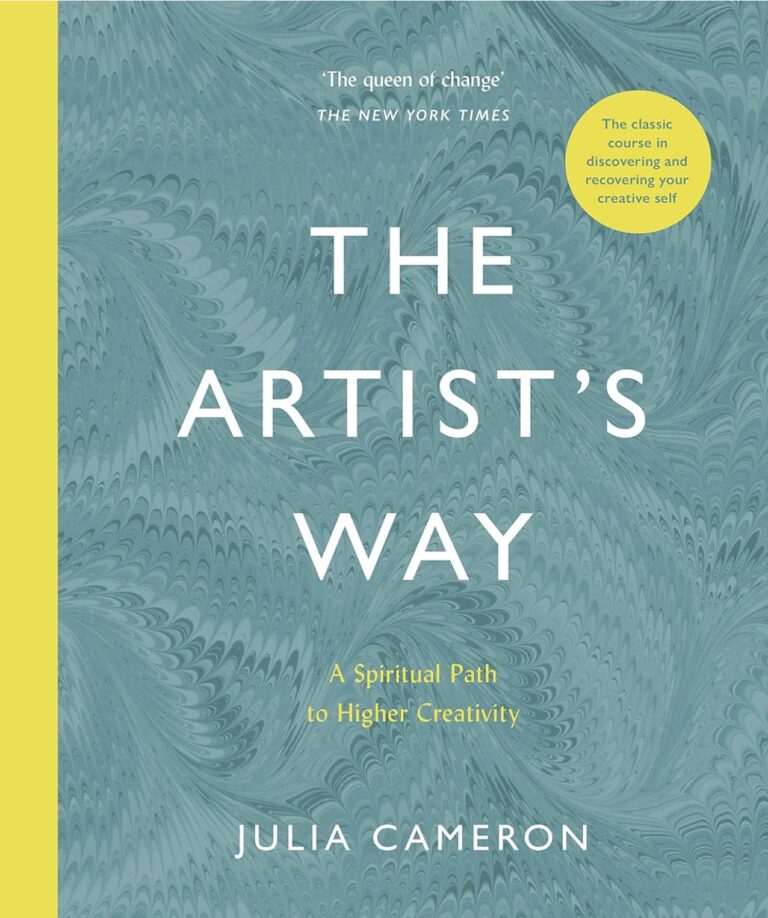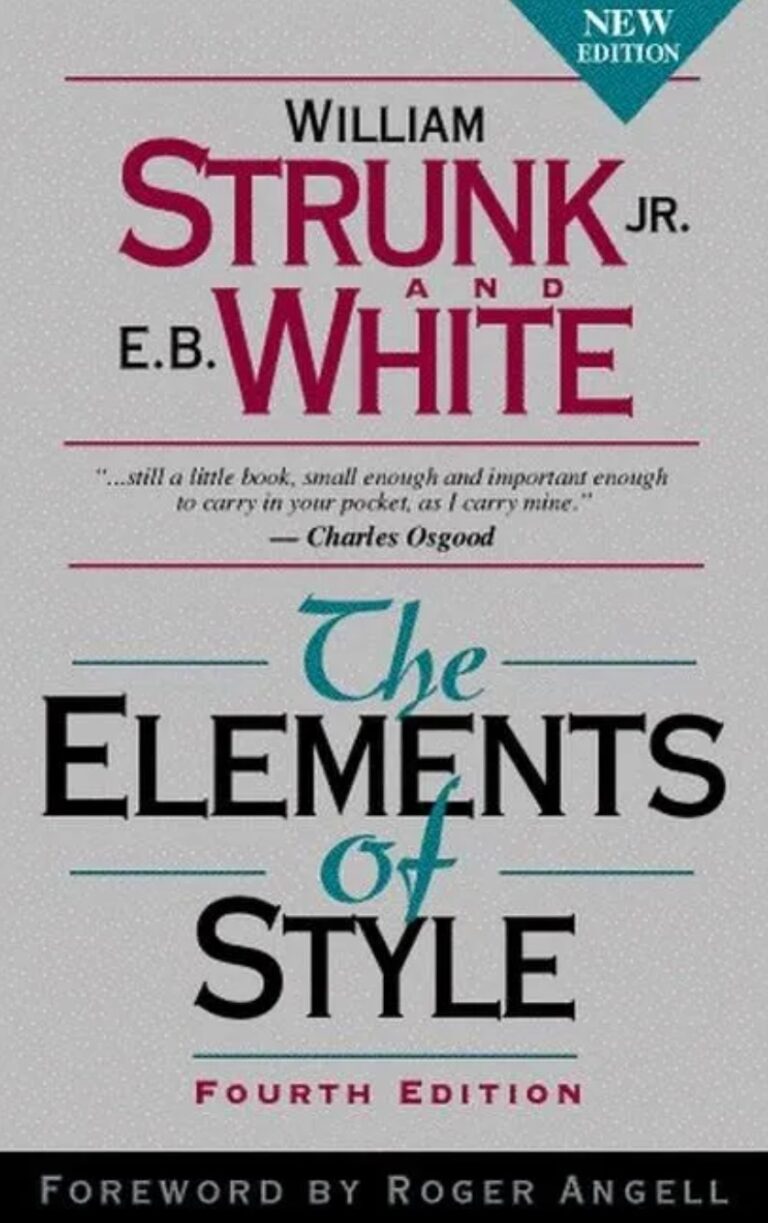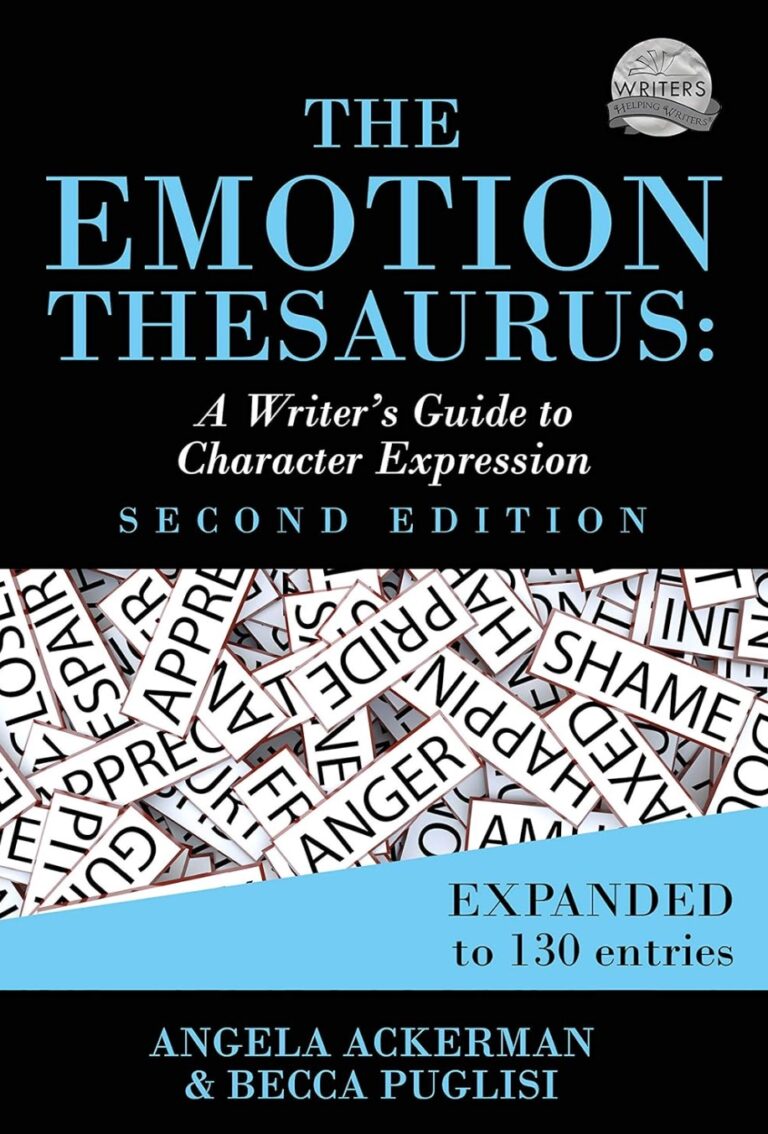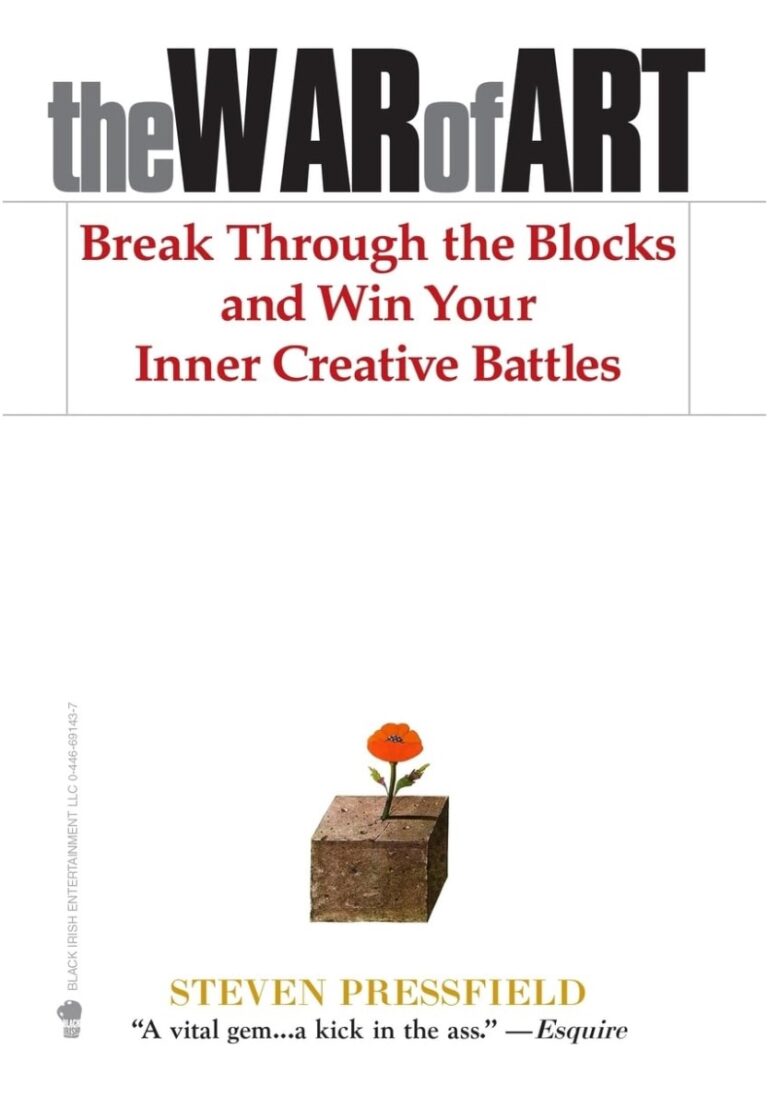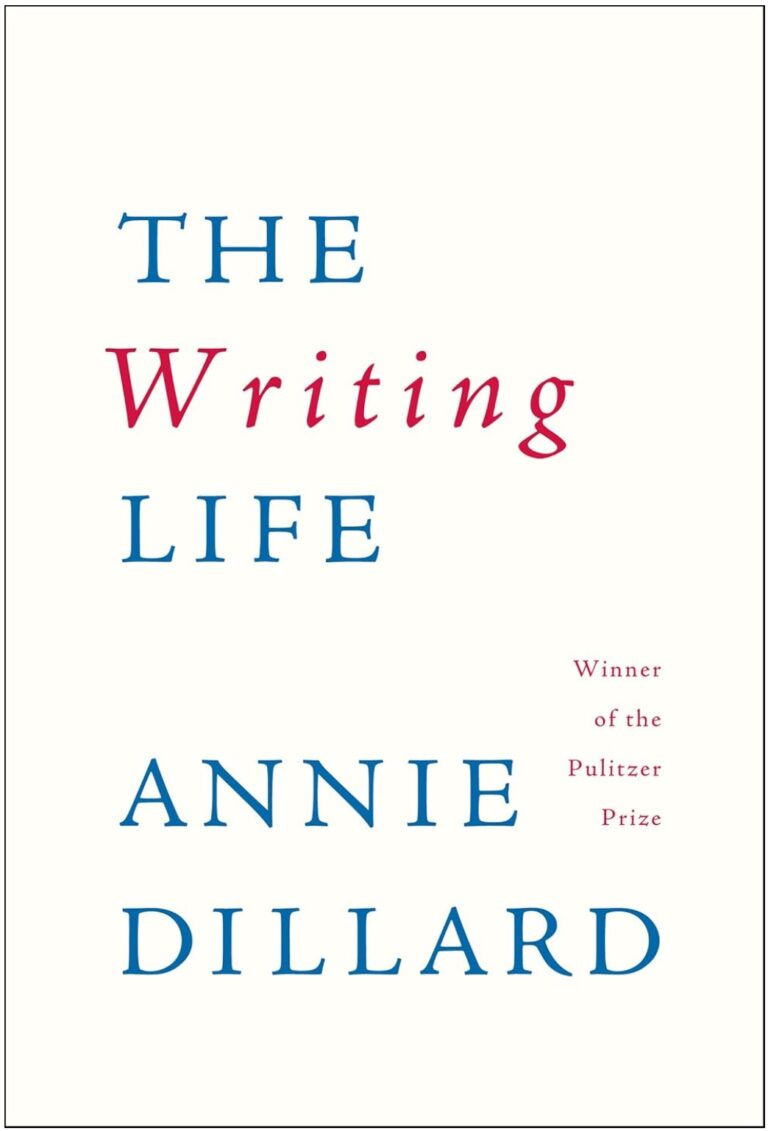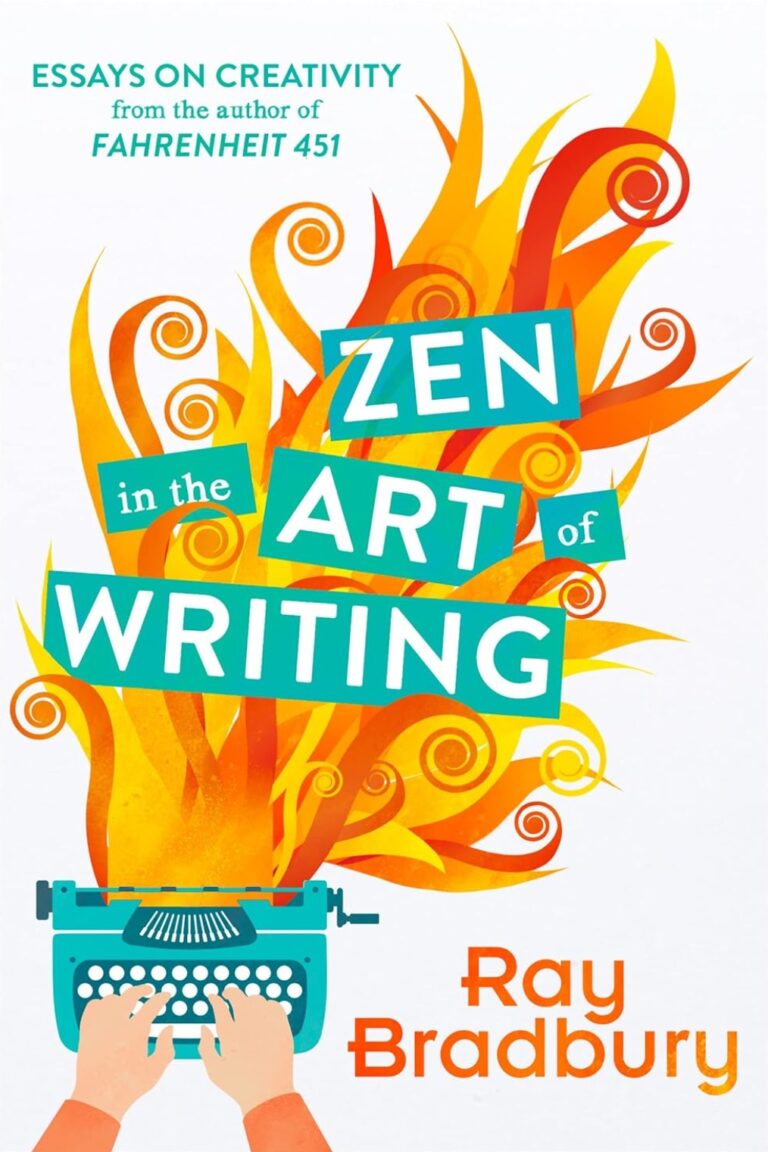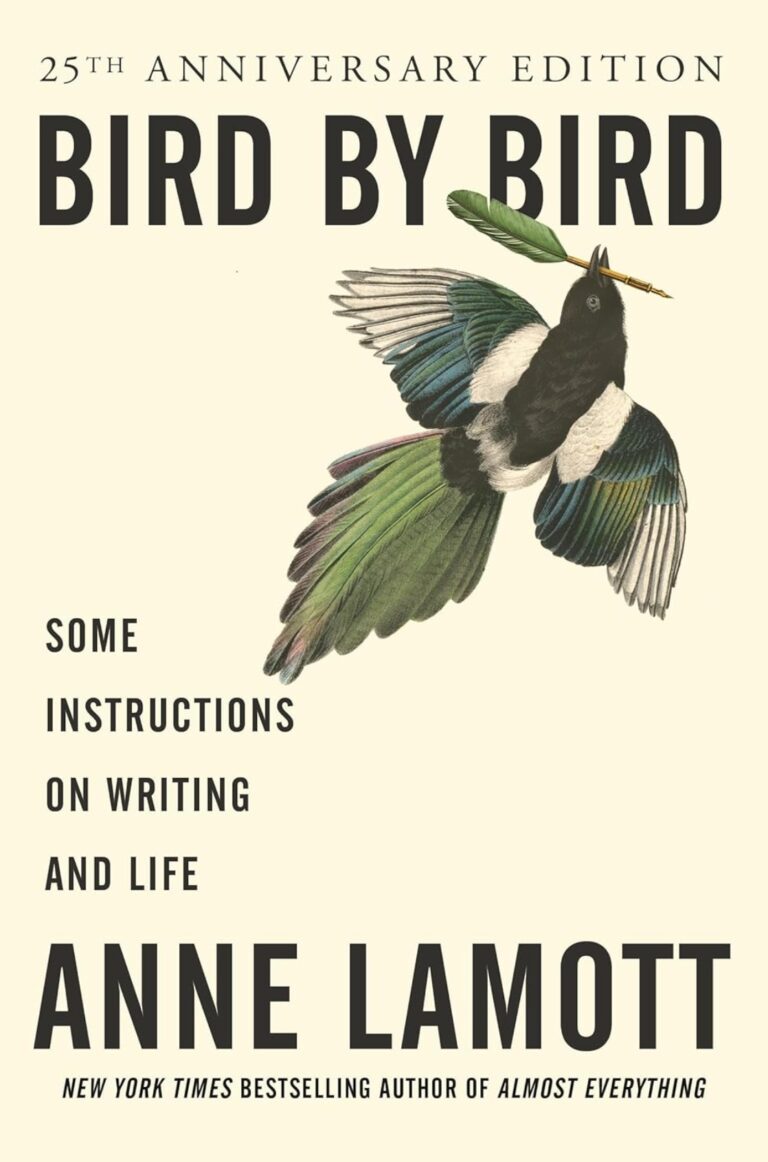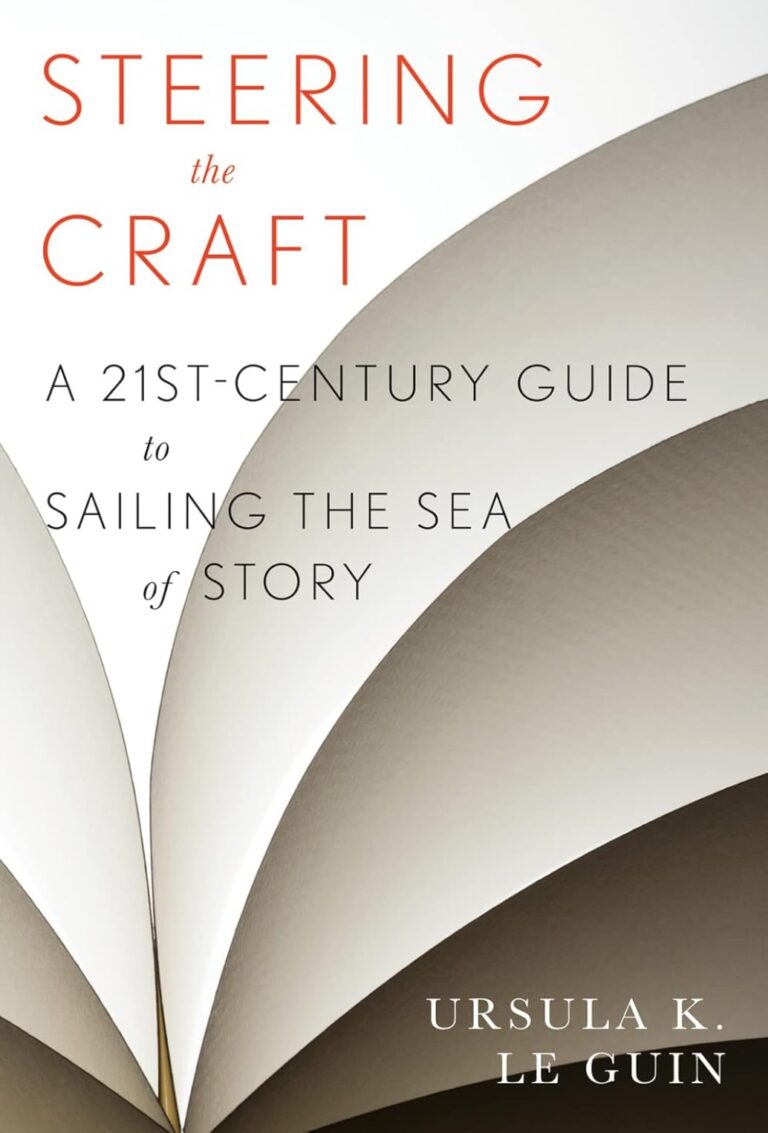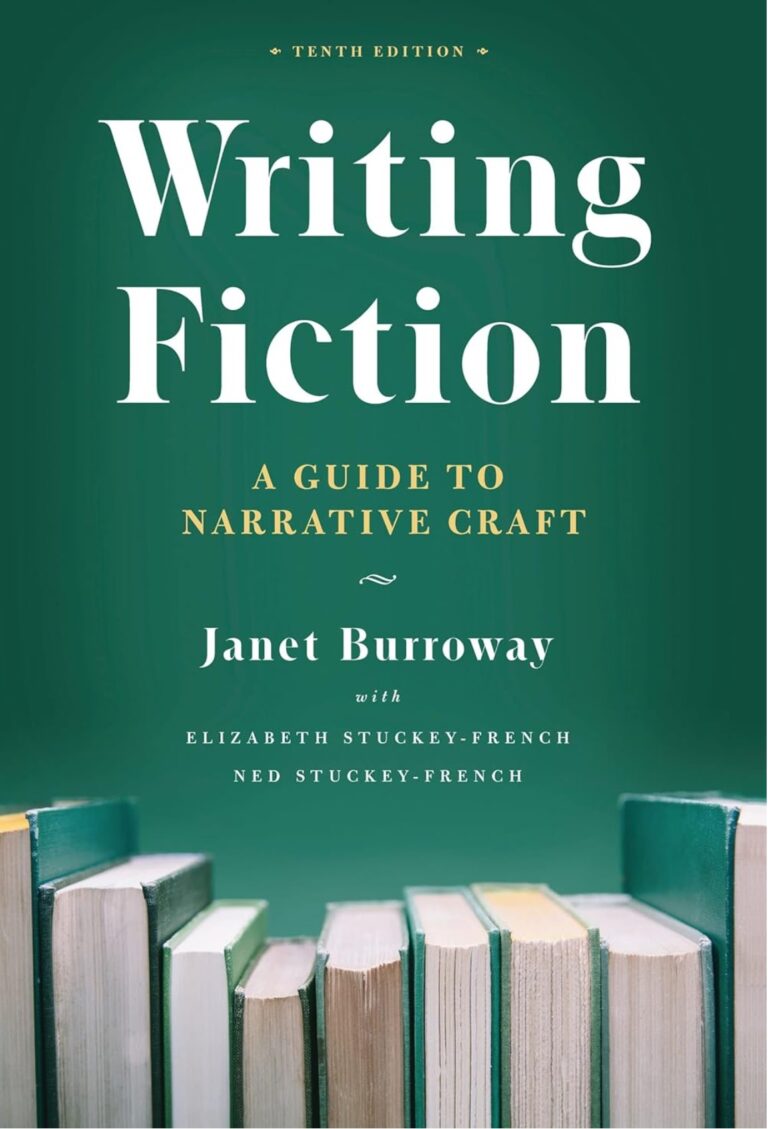Stephen King’s On Writing: A Memoir of the Craft is an essential guide for aspiring writers, blending personal memoir with practical advice. King shares his journey from a struggling writer to a bestselling author, offering insights into the discipline and techniques needed to succeed in the world of fiction.
This book covers everything from grammar fundamentals to story development, making it both a personal and instructional guide that motivates writers to improve their craft.
Table of Contents
ToggleIntroduction
Overview of the Book
On Writing: A Memoir of the Craft by Stephen King serves as both an autobiography and a writing guide, making it a unique offering in the realm of books on writing.
First published in 2000, the book is divided into two sections: the first focuses on King’s early life and his journey to becoming a successful author, while the second provides practical advice on the craft of writing.
King’s direct and often humorous tone creates an engaging experience for readers, blending personal anecdotes with lessons on storytelling, grammar, and the discipline required for a writing career.
Why This Book is Important for Writers
King’s insights resonate with both aspiring and seasoned writers. His no-nonsense approach to writing demystifies the process and removes unnecessary complexities, focusing on the essentials: the importance of consistency, clarity, and passion.
His emphasis on persistence and overcoming rejection speaks directly to those trying to break into the world of fiction. As one of the most successful authors of modern times, King’s advice holds significant weight for anyone serious about improving their craft.
Author Background
About the Author
Stephen King is a legendary figure in the world of fiction, best known for his contributions to the horror, supernatural, and fantasy genres. He has authored more than 60 novels, many of which have become bestsellers, including The Shining, Carrie, and It.
King’s works have been adapted into numerous films, television shows, and miniseries, cementing his status as a cultural icon. His personal story, which includes overcoming addiction and facing multiple rejections early in his career, adds an extra layer of authenticity to his advice in On Writing.
Relevance of the Author’s Experience to the Book
King’s experiences as a struggling writer provide the foundation for the practical advice he offers in the book. His rise from writing stories in the basement of his mobile home to becoming a bestselling author is a testament to the power of persistence.
The struggles and successes he recounts in On Writing reflect the journey many aspiring writers face, making his advice not just theoretical but grounded in lived experience.
Book Structure and Style
Layout and Chapter Overview
On Writing is structured into two main parts. The first part, “C.V.,” serves as a personal memoir, tracing King’s early years, family influences, and his path to becoming a professional writer.
The second part, “Toolbox,” is a comprehensive guide to the craft of writing. King covers topics ranging from grammar to plot structure, offering concrete tips that writers can apply to their own work.
The book also includes a third section detailing the aftermath of the 1999 car accident that nearly killed him, which adds depth to his reflections on life and writing.
Writing Style and Tone
King’s writing is conversational, approachable, and often humorous. His anecdotes draw the reader in, making even technical advice on grammar or editing enjoyable to read. He avoids pretension, instead opting for a straightforward tone that encourages writers to focus on clarity and simplicity. This makes On Writing accessible to writers of all levels, from beginners to experienced authors looking for a refresher.
Key Takeaways for Aspiring Writers
Practical Advice and Techniques
King emphasizes the importance of consistency, urging writers to establish a daily writing routine and stick to it. He also advocates for avoiding excessive adverbs and using simple, clear language.
The book provides valuable advice on editing, with King promoting the mantra “kill your darlings” to encourage ruthless self-editing for the sake of clarity and flow.
Another critical takeaway is King’s advice on reading widely and frequently as a key to improving one’s own writing.
Theoretical Insights and Perspectives
In addition to practical tips, King offers broader reflections on the nature of storytelling. He believes that stories are “found things, like fossils in the ground,” and that writers are archaeologists unearthing them.
This perspective encourages writers to trust the process and let stories emerge naturally, rather than forcing them into rigid structures. King also delves into the psychological aspects of writing, discussing the importance of overcoming fear, doubt, and rejection.
Strengths of the Book
Unique Features and Approaches
What sets On Writing apart from other writing guides is its combination of personal memoir and practical advice. King’s candid account of his own struggles, including his battle with addiction, gives the book a raw, honest tone that is both relatable and inspiring.
Additionally, his focus on the fundamentals—such as vocabulary, grammar, and the importance of revision—grounds the book in the basics that all writers need to master.
Applicable to Different Levels of Writers
King’s advice is relevant to writers at various stages of their journey. Beginners will find his tips on discipline and simplicity especially useful.
More advanced writers can appreciate his reflections on the creative process and his suggestions for fine-tuning craft. The book’s broad appeal makes it a valuable resource for writers of all skill levels.
Areas for Improvement
Potential Weaknesses or Gaps
One possible critique of On Writing is that it does not delve deeply into more advanced storytelling techniques, such as complex narrative structures or character arcs.
Writers seeking detailed instruction on specific aspects of plotting or world-building may find the book lacking in these areas. However, this is likely by design, as King emphasizes simplicity and focusing on the basics.
Audience Suitability
While the book is valuable for a wide range of writers, those looking for highly technical or academic instruction might find it too informal. King’s conversational tone and focus on practical, straightforward advice may not resonate with writers seeking a more scholarly approach to the craft.
How This Book Compares to Other Writing Guides
Similar Books in the Genre
On Writing shares similarities with other writing memoirs, such as Bird by Bird by Anne Lamott and The Writing Life by Annie Dillard. Like these books, it offers a blend of personal narrative and writing advice, creating an engaging and motivational experience for readers.
However, King’s emphasis on the discipline and mechanics of writing sets it apart from more philosophical works.
Distinguishing Factors
King’s unique contribution to the genre is his pragmatic approach, grounded in decades of experience as a bestselling author. While many writing guides focus on inspiration or theory, On Writing offers concrete, actionable advice that writers can apply immediately.
The combination of memoir and instruction gives it a personal touch that makes it stand out in the crowded field of writing guides.
Real-World Application for Writers
How Writers Can Implement the Advice
Writers can start applying King’s advice by adopting a consistent writing routine, even if it’s just for an hour a day. His tips on avoiding overuse of adverbs and maintaining simple, clear language are easy to incorporate into daily writing practices.
Aspiring writers can also benefit from his emphasis on reading widely and constantly improving their craft through exposure to diverse styles and genres.
Benefits of Following the Book’s Advice
By following King’s guidance, writers can expect to develop stronger discipline, improve their editing skills, and produce clearer, more engaging prose. His focus on revision and “killing your darlings” ensures that writers create more polished, refined work.
King’s approach helps writers build confidence, overcome fear, and stay motivated even in the face of rejection.
What Reviews Thought
Amazon Reviews
On Amazon, On Writing is consistently praised for its accessibility and the personal insights King provides. Readers appreciate the blend of memoir and practical advice, often noting that the book is inspiring for both writers and general readers.
Some reviews highlight that King’s advice on writing fundamentals, like grammar and vocabulary, is particularly useful for beginners. The book holds a strong rating, with many readers calling it a must-read for aspiring writers.
Goodreads Reviewers
Goodreads reviewers echo similar sentiments, with many praising King’s conversational tone and the motivational nature of the book. Readers value the honesty with which King shares his personal struggles, including his near-fatal accident, and how it shaped his views on writing.
Some reviews mention that the book could offer more in-depth coverage of advanced writing techniques, but overall, the response is overwhelmingly positive.
Conclusion
Summary of Key Insights
On Writing: A Memoir of the Craft is a unique blend of personal memoir and practical writing guide. Stephen King’s straightforward advice, combined with his candid storytelling, makes the book an essential read for aspiring writers.
The focus on consistency, simplicity, and revision provides a solid foundation for those looking to improve their craft.
Final Recommendation
For writers at any stage of their journey, On Writing offers valuable lessons on both the craft of storytelling and the discipline required to succeed as a writer. King’s engaging style and practical tips make it accessible for beginners, while his reflections on the creative process offer insights for more experienced writers.
Highly recommended for anyone looking to hone their writing skills and gain inspiration from one of the masters of modern fiction.

